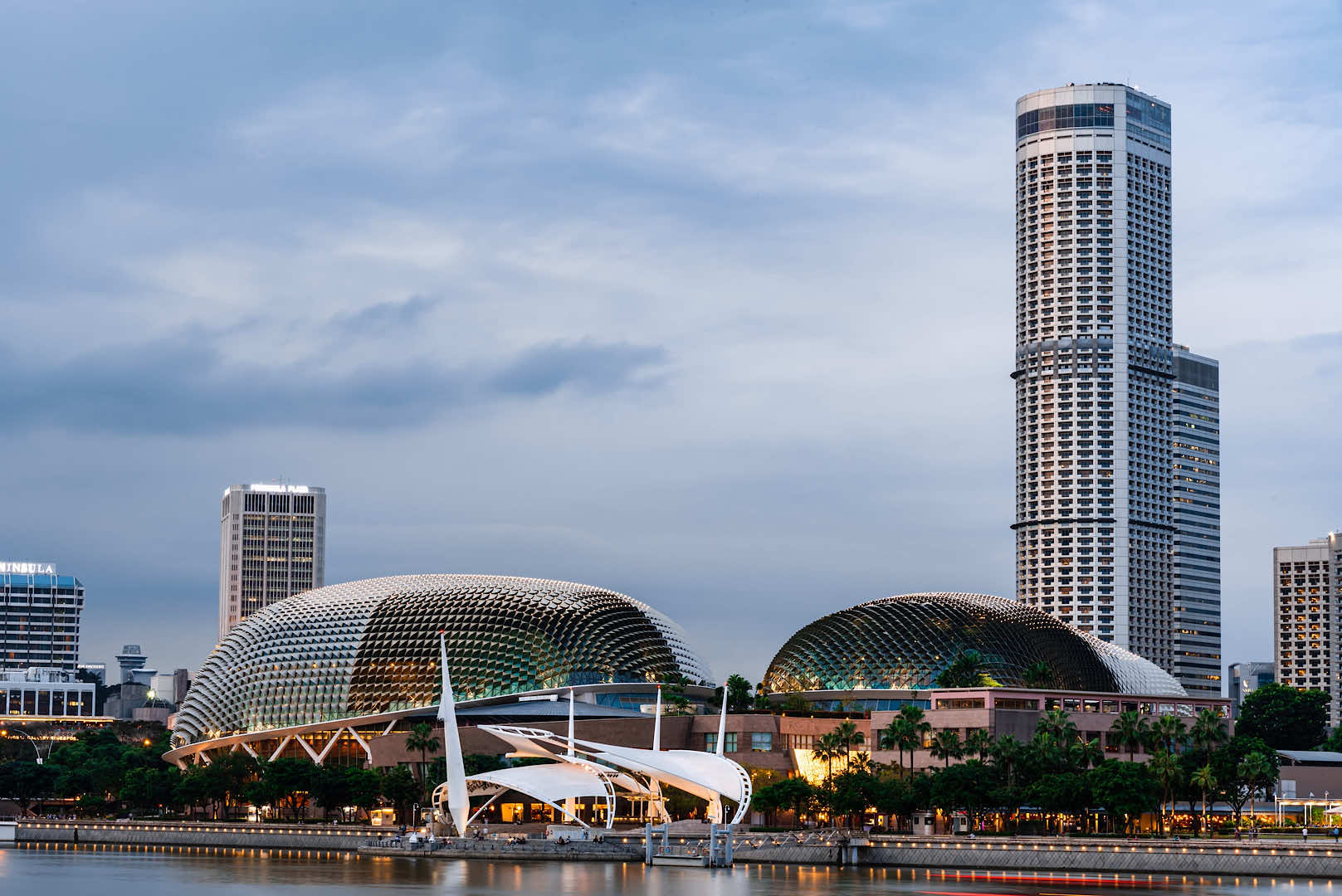Singapore property market has proven to be resilient, with the Singaporean government continuing to offer new incentives aimed at promoting investment in the market.
The Singaporean government continues to offer new incentives geared towards encouraging investment in the market. The government offers tax concessions and rebates on various aspects of property transactions.
These incentives can include exemptions from stamp duties or land transfer taxes as well as reductions in other taxes that apply such as sales or service tax.
Land owners may also be offered a rebate on their land leaseholds if they lease out more than 50% of their property to others.
[reblex id=’19250′]
Property market in Singapore- past and present
The housing market in Singapore has been booming since the mid-2000s. It is now one of the most expensive places to live in the world.
The number of new property sales increased by 16% from mid-2007 to mid-2008, and hovered at a record 8,000 units per year for seven consecutive years before it dropped to 4,500 new units sold during 2017. This can create a problem for new buyers who may not have enough time or money to find another unit within their budget.
In addition to this, land prices in Singapore have also skyrocketed over the last decade. The average price of a family home in Singapore increased by 20% over the past five years
The population peaked in 2012 at 5,557,000 people and had dropped below 5 million as of January 2019- this reflected a mixture of industrial shrinkage to other countries -especially China due to high labor costs which has brought about lower employment rates. However there are economic upsides as well such as more income per capita than many developed countries because wages have not kept pace with inflation and property prices that have risen much faster than incomes.
Housing market in Singapore- current trends

Singapore is concerned about overheated residential property prices and has increased controls on foreign buyers, who have become the biggest buyer of land in recent years . In April 2018 Singapore imposed a new 15% tax for each subsequent renewal on all purchases by Foreigners at more than $15 million. A further increase from the existing 10 percent will be implemented once these measures are fully introduced which should put an end to the lack of supply due to its effects on demand, resulting in high rents across many areas with both public and private housing providers
this is a cause of concern for many Singaporeans. Foreigners account for nearly 60% of land transactions in Singapore- the numbers are expected to keep rising as demand increases
A few factors that have contributed to these problems In order to promote home ownership which was first initiated by National Development Bank and subsequently taken up by government policies with the introduction of HDB (Housing & Development Board) housing schemes, has created an onerous burden increasing local property prices over time because people cannot afford these homes financially so they end up renting instead. The rent price seems high at times due to low interest rates, similar to a rising property price.
The Catch-22 situation created by the high demand for foreign buyers and a lower supply presents itself with the need of foreigners who have large capital but little time. Foreigners are motivated to secure raw land which will maximize their profits through future selling of these prime sites at higher prices. With this in mind, several measures were taken on recent occasions such as increasing minimum down payment requirement from $25 million (HSBC).
In general however overall market trends within Singapore are expected over time to be stable because they still depend greatly on services and manufacturing until that local market is saturated.
The housing price in Singapore cannot be reduced because of the supply and demand changes that were caused by the NDBs (National Development Bank) Housing Scheme policy.
Read Singapore’s property market still buzzing in Q4 2021, study finds


![Average Condo Price in Singapore [Updated in Sep 2024] 5 average condo price singapore](https://eth62pbbc4t.exactdn.com/wp-content/uploads/2023/03/paul-szewczyk-nI4aC1kaTRc-unsplash-min-592x444.jpg?lossy=1&quality=92&ssl=1)

